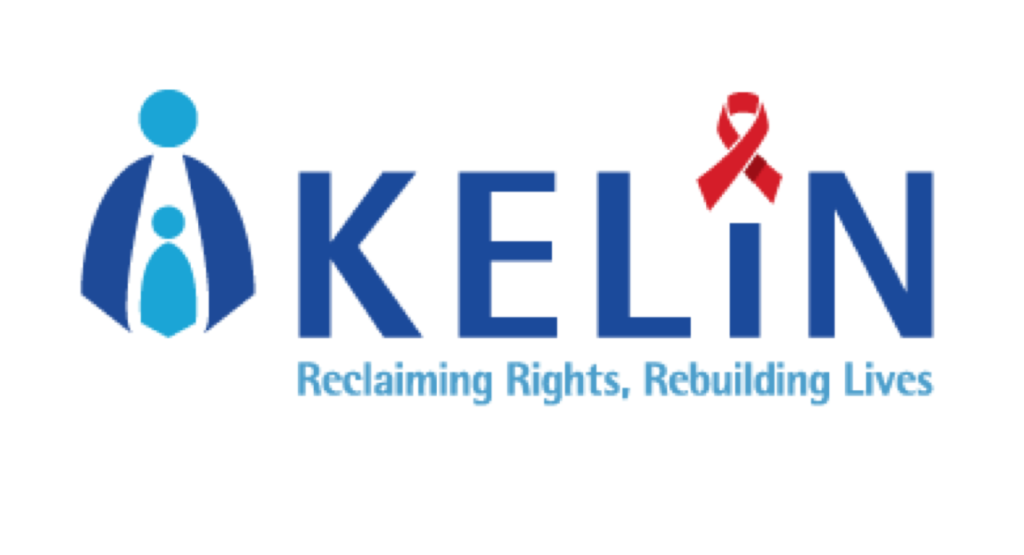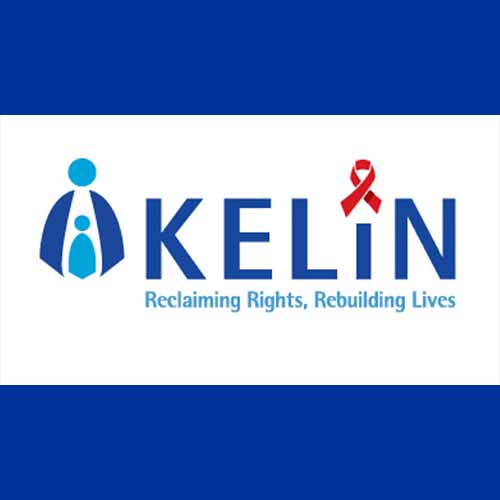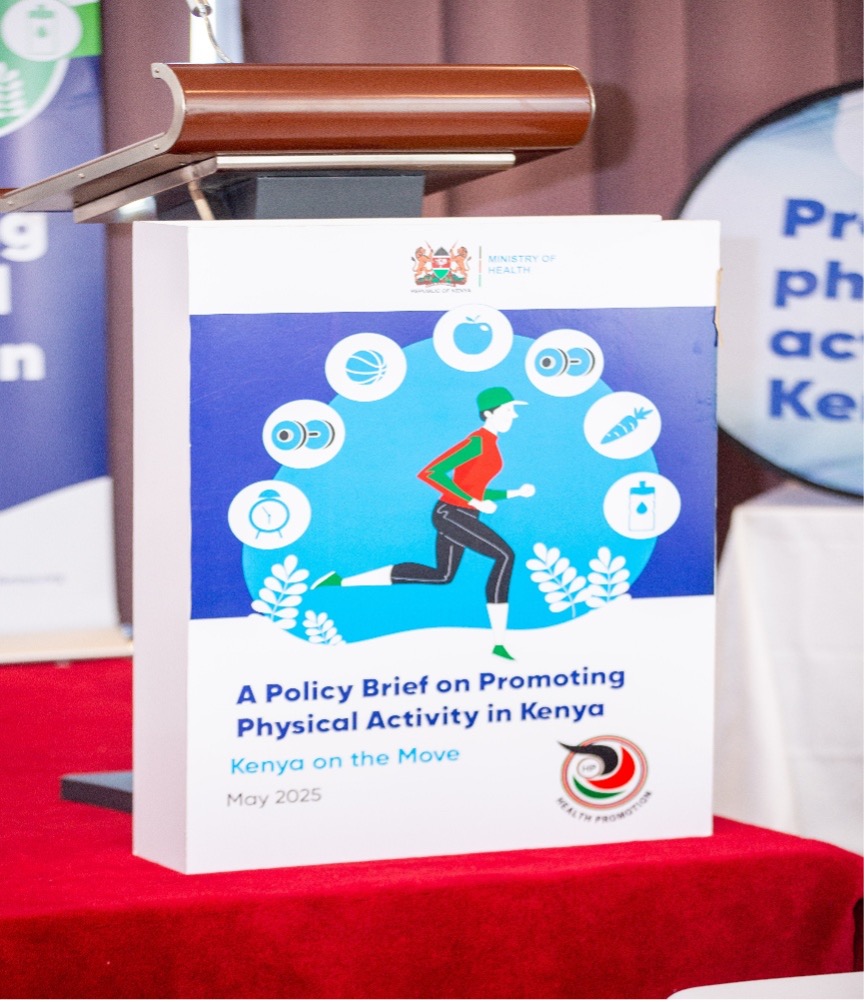Kenya’s 4th cycle Universal Periodic Review session[1] took place on 1st May 2025 in Geneva, Switzerland. In the session, peer States held Kenya accountable for its human rights obligations and pushed for reforms that align national policies with international human rights standards. Notably 122 countries made 339 recommendations to Kenya, with 13 advance questions to the Kenyan delegation. The Kenya State report[2] was subsequently adopted during a session held on 7th May[3] where Dorcas Agik Abuya, the Attorney General and Head of Delegation for Kenya’s UPR, highlighted that Kenya has accepted 232 recommendations, noted 106 and committed to respond to 1 recommendation later. Ms. Abuya reiterated Kenya’s commitment to upholding human rights and assured the Human Rights Council of continued engagement with all stakeholders as well as regular updates via periodic reports including mid-term reports on implementation of the accepted recommendations.
Advocating for stronger health rights in Kenya, KELIN joined and engaged UNFPA, UN women, WHO, OHCHR, UN Working Group on Discrimination against Women and Girls (WGDAWG) as well as the diplomatic missions’ resident in Geneva at the sidelines of the UPR session between May 1-6, 2025. The discussions centered on the findings and recommendations from the Right to Health CSO Stakeholder Report, submitted to the United Nations Office of the High Commissioner for Human Rights in October 2024. The report highlights six key areas: health financing, HIV prevention, TB treatment, sexual and reproductive health rights (SRHR), mental health, and digital health, offering targeted, action-oriented recommendations.
During a panel discussion at the sidelines of the UPR session on strengthening Kenya’s commitments on sexual and reproductive health & rights (SRHR), KELIN’s Program Officer, Ms. Elsie Milimu, alongside representatives from the Center for Reproductive Rights (CRR) and the Kenya National Commission on Human Rights (KNCHR), underscored the urgent need for Kenya to increase its health budget to at least 5% of its Gross Domestic Product, as recommended by the World Health Organization. Ms. Milimu also called for the equitable, transparent, and accountable implementation of the new Social Health Insurance Fund (SHIF), following its transition from the National Hospital Insurance Fund (NHIF) in October 2024. This call comes at a critical time, as shifts in international funding — including the United States’ withdrawal from the WHO and suspension of foreign aid — pose significant risks to Kenya’s heavily donor-reliant health programs. With over 70% of Kenya’s HIV, TB, and malaria programs funded by international donors, these changes could severely impact access to essential medicines and SRHR services for adolescents, persons with disabilities, people living with HIV, and key populations.
KELIN remains committed to advocating for the right to health and will engage the State towards implementation of the accepted UPR recommendations.
To contribute to the discussions on this forum, follow KELIN on our website and social media platforms.
Website: www.kelinkenya.org
Facebook: http://www.facebook.com/kelinkenya
Twitter(X): @KELINKenya.
For more information please contact, Elsie Milimu,
Program Officer- SRHR, Kenya Legal & Ethical Issues Network on HIV/AIDS(KELIN),
Email: elsiemilimu@kelinkenya.org
[1] http://webtv.un.org/en/asset/k1i/k1ia89rm3j
[2] https://docs.un.org/en/A/HRC/WG.6/49/KEN/1 https://docs.un.org/en/A/HRC/WG.6/49/KEN/1



